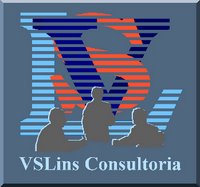An Emerging Knowledge Organization
Over the past 15 years the term “knowledge management” has evolved to represent the changing nature of the workplace – a true paradigm shift.
- In coining the phrase “knowledge society” Peter Drucker convincingly argued that land, labor, and capital – the classical factors of production – had been largely replaced by knowledge (Drucker, 1993), “that knowledge has become the resource, rather than a resource, is what makes out society ‘post-capitalist’”(p. 45).
- The modern knowledge organization has become a social environment designed by the specialists, to meet the needs of the market and the specialists, in the most efficient and quickest way possible.
- Lang (2001) clarifies the importance of the knowledge worker in this new age, “while the knowledge worker may need the tools of production the organization owns, while she may well have to work in organizations, she nevertheless owns the means of production” (p. 44).
- Hitt (1995) further argues, “It seems evident that the learning organization is a paradigm shift from the more traditional organization. Indeed, it is a paradigm shift of the highest order. We are witnessing the emergence of a radically new perspective on organization: how they should function, how they should be managed, and how they should cope with change” (Hitt, 1995, p. 17).
- Rowley (1999) definitely suggests that “the knowledge based society has arrived, and those organizations that can succeed in the global information society are those that can identify, value, create, and evolve their knowledge assets” (p. 416). Rowley continues by suggesting that effective management of knowledge, change, and innovation are central or “core competencies” that must be mastered for organizations to succeed.
Extraído de Journal of Leadership Education Volume 1, Issue 2 - Winter 2002


<< Home